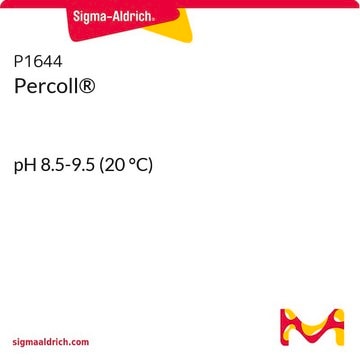80826
Timestrip PLUS™ 8 °C 48 hours
About This Item
Produits recommandés
Description
Irreversible, single use
Qualité
Quality Assurance: Produced under ISO9001:2008
Durée de conservation
limited shelf life, expiry date on the label
Conditions de stockage
room temperature
Paramètres
48 h run-out window ((calibrated at +10 °C)
Taille
40 mm × 19 mm
Catégories apparentées
Description générale
Visit our Timestrip Web Portal to learn more
Application
Conditionnement
80826-100EA: 100 labels in sachet
80826-500EA: 500 labels in sachet
Composants
Caractéristiques
- Threshold temperature: 8°C/46°F
- Usage: calibrated to an isothermal temperature environment of +10°C
- Time Accuracy: ±15% in time under isothermal conditions
- Temperature Accuracy: ±1 °C/2 °F
Informations légales
Produit(s) apparenté(s)
Faites votre choix parmi les versions les plus récentes :
Certificats d'analyse (COA)
Vous ne trouvez pas la bonne version ?
Si vous avez besoin d'une version particulière, vous pouvez rechercher un certificat spécifique par le numéro de lot.
Déjà en possession de ce produit ?
Retrouvez la documentation relative aux produits que vous avez récemment achetés dans la Bibliothèque de documents.
Notre équipe de scientifiques dispose d'une expérience dans tous les secteurs de la recherche, notamment en sciences de la vie, science des matériaux, synthèse chimique, chromatographie, analyse et dans de nombreux autres domaines..
Contacter notre Service technique








